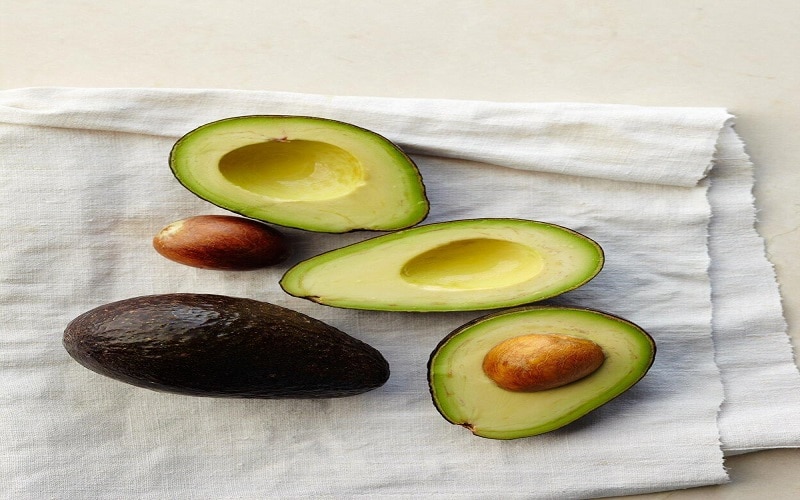Eating avocados twice a week may help improve your overall heart health, according to a new study.
This was especially true for people who subbed avocado for less heart-healthy foods like butter or cheese.
Eating two servings of avocados each week may boost your heart health and lower your risk of cardiovascular disease, according to new research.
Avocados are nutrient-dense fruits that contain dietary fiber, minerals, and healthy fats previously shown to improve cardiovascular risk factors like high cholesterol.
The researchers recommend substituting avocado for fat-containing foods like butter, cheese, and processed meats based on their findings.
Avocados associated with fewer cardiovascular events
The researchers evaluated the health of over 68,000 women and over 41,700 men for 30 years.
At the start of the study, the participants did not have cancer, coronary heart disease, or a history of stroke.
The participants completed questionnaires regarding their food consumption every four years. One of the questions specifically asked how much avocado they consumed regularly.
During the study, 9,185 coronary heart disease events and 5,290 strokes were recorded.
Those who had at least two servings of avocado a week — which equates to half an avocado or half a cup of avocado — had a 16 percent lower risk of cardiovascular disease and a 21 percent lower risk of coronary heart disease compared to the participants who never or rarely ate avocados.
The researchers recommend swapping out margarine, butter, egg, yogurt, cheese, and processed meats and replacing them with avocado.
“The ideal way to approach eating avocados would be to substitute avocado for another fat a person is already eating. A good example would be substituting avocado for butter on toast,” Liz Weinandy, a registered dietitian at The Ohio State University Wexner Medical Center, told Healthline.
Based on statistical modeling, making this healthy substitution was associated with a 16 to 22 percent lower risk of heart disease events.
“Sometimes it is just the small changes like this — adding a couple of servings of avocados a week to what we eat — that has a big impact over time,” Weinandy said.
What makes avocados so healthy?
Avocados are considered heart-healthy because they are packed with dietary fibers, nutrients, and monounsaturated and polyunsaturated fatty acids.
Monounsaturated fats help lower our LDL (“bad”) cholesterol levels while maintaining our HDL (“good”) cholesterol levels.
Potassium and magnesium support muscle function, including the heart muscle.
Avocados are also rich in phytonutrients, which are anti-inflammatory.
Avocados contain a lot of calories, so it’s worth being mindful of your portions, There are 234 calories in an avocado.
“Even though they are a calorie-dense food, they are full of fiber and healthy fats that they are also very satiating and will actually keep you from eating more calories later,” Ellis Hunnes said.
If you are not a fan of avocados, there are plenty of other options — walnuts, chia and flax seeds, almonds, olives, and olive oil provide similar benefits.
Studies have shown that plant-based diets, such as the Mediterranean diet or DASH diet, can reduce the risk of heart disease, metabolic syndrome, certain cancers, and diabetes.
New research has found that eating two servings of avocados each week may boost your heart health and lower your risk of cardiovascular disease. Avocados contain dietary fiber, minerals, and healthy fats known to improve cardiovascular risk factors like high cholesterol. The study added to the growing evidence that plant-based diets have significant health benefits.


